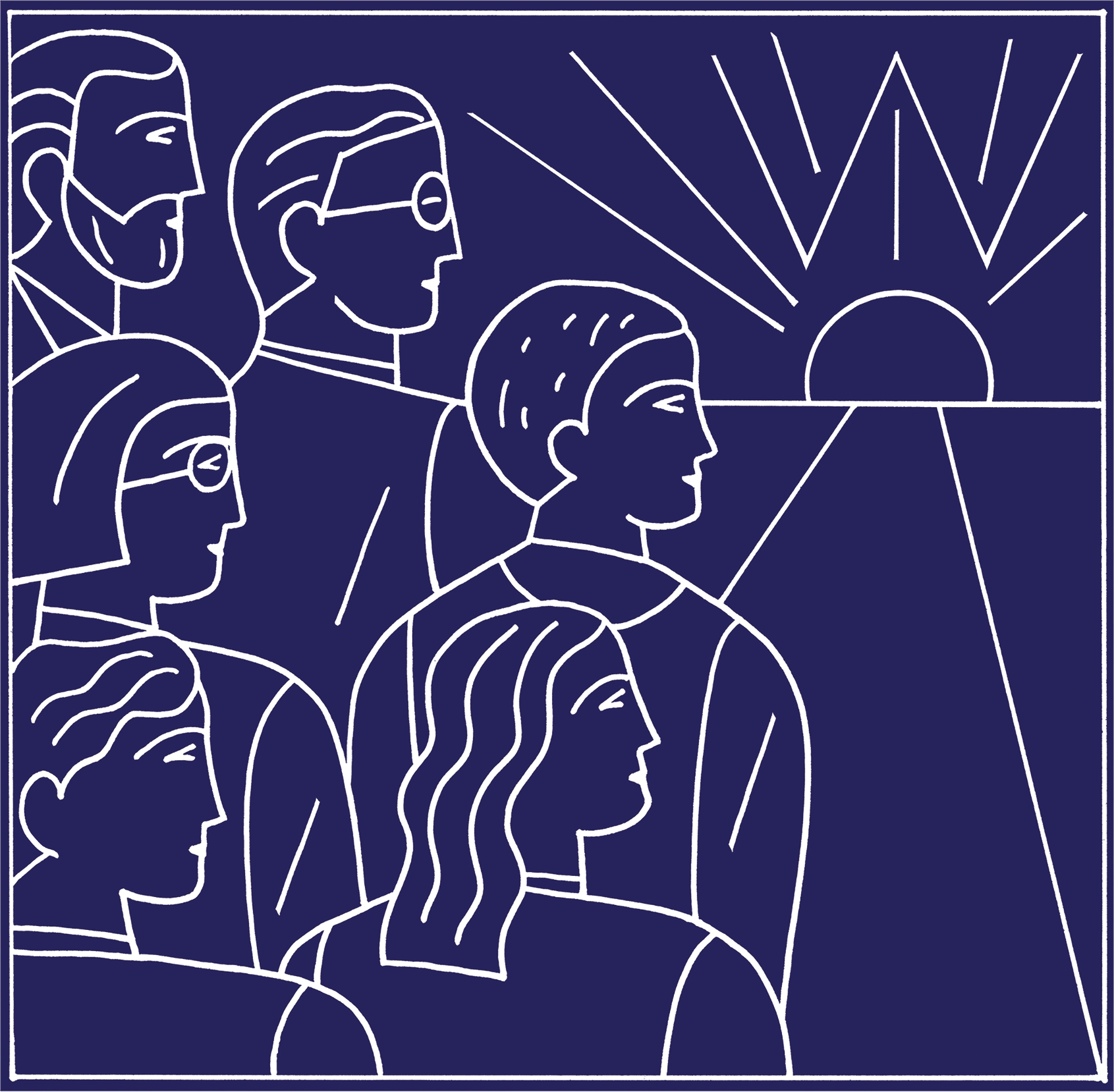
Reframing what matters Reframing what matters Reframing what matters
Every autumn, the new academic year offers a fresh start. This year, many of us return with a new perspective shaped by the pandemic.
By Ana Mari Cauce | Illustration by Anthony Russo | September 2021
Every autumn at the University of Washington brings the feeling of a fresh start—a renewal for those of us beginning another academic year together and a blank canvas, rich with possibility, for the incoming students, faculty and staff experiencing it for the first time. This year, our sense of a new beginning is intensified by the ways in which the generationally defining COVID pandemic has altered our course and countless lives.
The immense costs of the pandemic are still being reckoned—the hundreds of thousands of lives lost in the U.S. alone, the physical and emotional suffering of millions more, the missed opportunities and loss of human contact that we all endured. But from this very difficult period, we are taking many hard-won lessons about what truly matters and our capacity to come together to meet whatever challenges arise.
Over the past year and a half, scientists, health-care providers and frontline workers—including many in our UW community—have gone to extraordinary lengths to keep our world functioning and the battle against COVID-19 ongoing. And across the University, people continue to go above and beyond to keep serving our public mission. In some ways, the pandemic is having a clarifying effect, revealing the depth of systemic racism and inequity, showing us how vulnerable we are to a global public health crisis, and reminding us that we are all part of the human family. For many, these new perspectives have been transformative, inspiring students to new academic pursuits and researchers and scholars to pursue new lines of inquiry. For all of us, it is an opportunity to reframe what matters, and consider anew how we can make a meaningful contribution to the world.
Whatever is changing as a result of the pandemic, our public service mission continues—through learning, education, discovery, patient care and community engagement—and that work goes on uninterrupted despite the pandemic. In fact, it has accelerated; the UW was an early leader in researching the biology of the COVID virus and modeling the projected scope and duration of its spread. Throughout the pandemic, UW researchers have been at the forefront of efforts to provide testing and develop preventive measures, treatments and vaccines. When working vaccines became available, UW clinicians and health- sciences alumni fanned out across the state to get everyone vaccinated, especially those in vulnerable communities.
Now, as we face the future, with all its uncertainties, we are armed with the knowledge of how to function through a crisis, and more aware of where our efforts will be most needed. The pandemic is underscoring how the most vulnerable people tend to suffer first and worst when a large-scale tragedy strikes. Racism and inequity will not end with the pandemic, and as a public research University, we have the ability and the obligation to treat these conditions like the public health crisis they are. Through our Population Health Initiative, and in all our teaching, discovery and public service, redressing inequity must be embedded in our mission.
So, as we return to in-person learning, and to seeing each other, even if it’s behind a mask, we do so with a sense of renewed purpose and vision. The pandemic is preparing us to undertake the hard work ahead. It is also showing us that our capacity to create positive change is limitless.